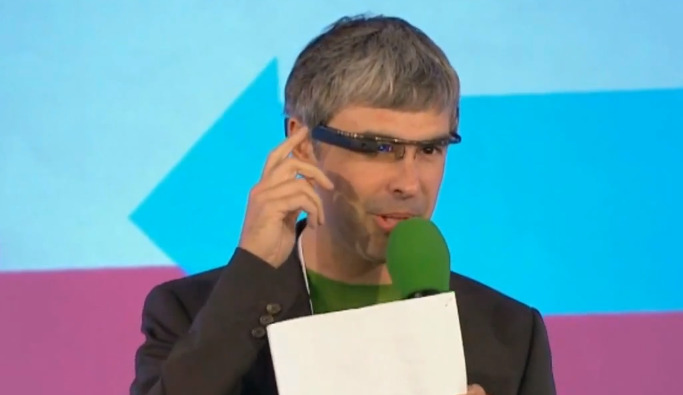The Secret Way To Land A Job At Google
So let's say you want to work for Google. In all likelihood, you might think achieving this will involve finding a job listing on its careers page, writing up a cover letter, sending in an up-to-date resume and hoping for the best. However, there's a secret way to land a job at Google that's actually much more interesting than the usual approach.
DON'T MISS: Coin launches new second-gen smart card with NFC; all current users get free upgrades
Max Rosett has written an essay over at The Hustle about the sneaky way Google recruited him after he did a search for "python lambda function list comprehension," which programming geeks know is a search related to a specific programming language. After searching for this term, Google added a black box in the top of his search results that read, "You're speaking our language. Up for a challenge?"
When Rosett accepted this challenge, he was presented with a particular programming challenge that he was given exactly 48 hours to solve.
"I won't post the problem here, but solving it required a bit of knowledge about algorithms," Rosett explains. "I had the option to code in Python or Java. I set to work and solved the first problem in a couple hours. Each time I submitted a solution, foo.bar tested my code against five hidden test cases. Once my solution passed all of those tests, I could submit it and request a new challenge. Over the next two weeks, I solved five more problems."
After this, he was asked to submit his contact information. A recruiter emailed him days later and asked for a copy of his resume, all of which eventually resulted in Rosett getting a job at Google.
Rosett thinks that this sort of initiative is very clever on Google's part because it's a smart way to find top-notch talent on the web that otherwise wouldn't be on its radar.
"Foo.bar is a brilliant recruiting tactic," he writes. "Google used it to identify me before I had even applied anywhere else, and they made me feel important while doing so. At the same time, they respected my privacy and didn't reach out to me without explicitly requesting my information."
